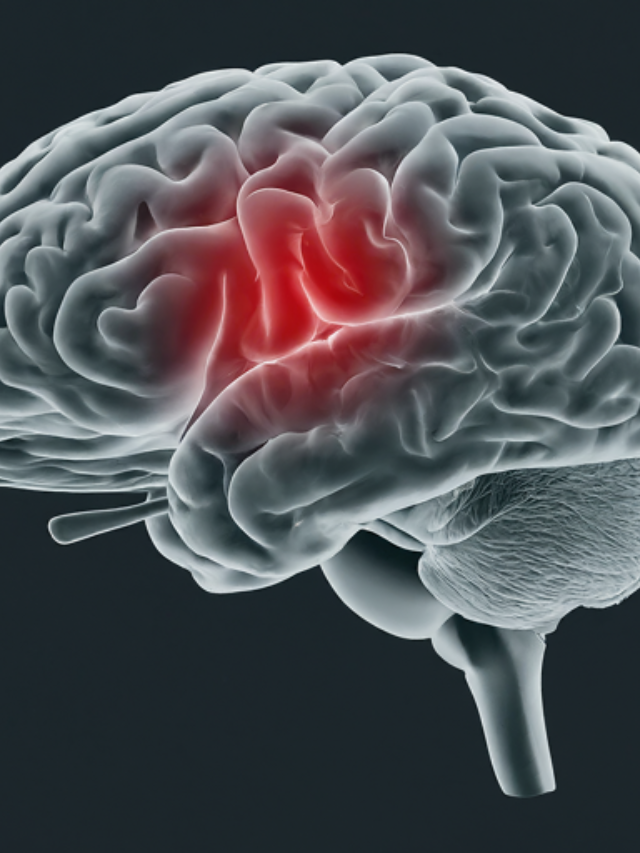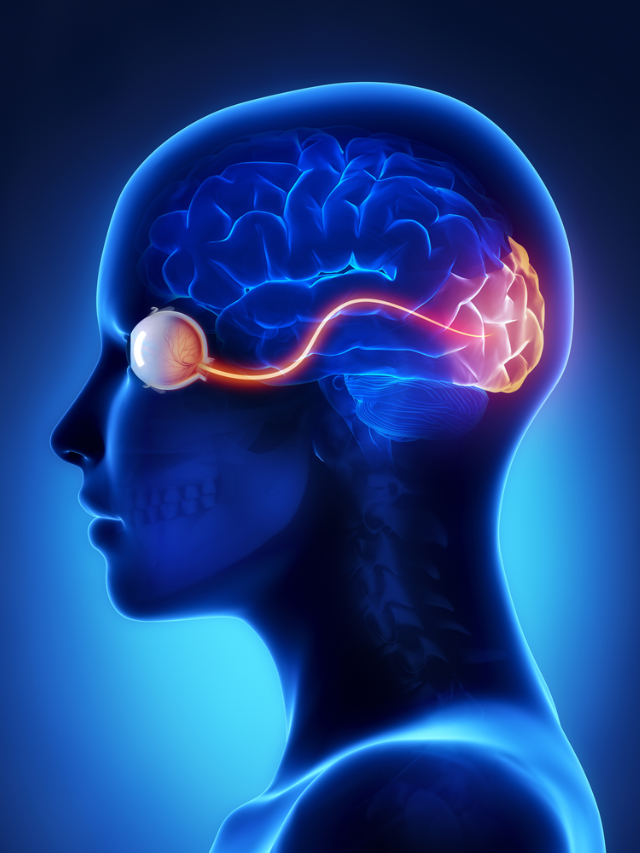
New Study Explores Light and Cognition
Researchers conducted a new study to investigate the link between light exposure and brain function. The study used advanced technology to show that brighter light improves cognitive performance during complex tasks.

Light Exposure and Brain Function
The connection between light exposure and brain function opens doors for light therapy. This type of therapy has the potential to improve alertness and cognitive function throughout the day.

Light and Cognitive Function
Higher levels of light exposure were correlated with increased activity in the posterior hypothalamus and improved performance on cognitive tasks.

Bright Light Makes You Feel More Awake
According to new research, being exposed to brighter light can make you feel more awake and improve cognitive function. This is likely because bright light influences the activity of certain parts of the hypothalamus.

Groundbreaking Study on Light and Behavior
This groundbreaking study is considered to be a significant step forward in our understanding of how light affects human behavior. The study's evidence is strong and supports the analysis of the complex connection between light exposure, hypothalamic activity, and cognitive function.

Light Therapy Applications
With more research, the study's findings could be used to develop various light therapy treatments. These treatments have the potential to improve sleep quality, enhance mood, and make people feel more alert and improve cognitive function throughout the day.

Biological Effects of Light Exposure
The biological effects of light exposure have been increasingly understood in recent years. Studies have shown that brighter light can improve alertness and cognitive function. These effects are mainly caused by a subclass of light-sensitive cells in the retina called ip

Focusing on Light's Impact
1 Shining a Light on Cognitive Function 2 Illuminating the Link: Light and the Brain 3 Brighter Days, Sharper Minds: How Light Boosts Cognition